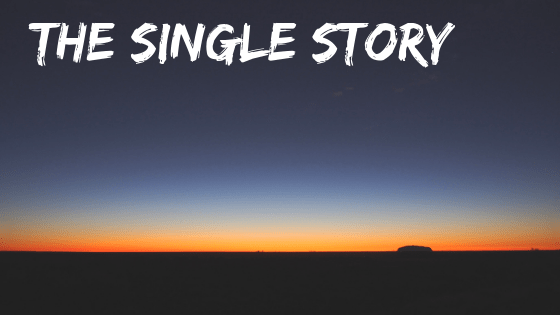I recently read a most interesting blog post on the subject of cultural appropriation written by Dutch author Karien van Ditzhuijzen, author of A Yellow House, which was hosted by Indian writer and blogger Damyanti Biswas. Cultural appropriation is a relatively new term (to me at least), one I only took serious note of when M&S were taken to task over their biryani wrap. I’m not going to re-hash that discussion here but, I have watched the increasing use of that term with interest and no small degree of concern.
Concern? Well yes, for I was born in India, lived there with my family till I was 11, moved to Nigeria for 6 years, before returning to the Indian subcontinent for 2 years to Bangladesh. I attended boarding school in England from the age of 12, but always considered where my parents were based as ‘home’. I moved to live in England aged 19, a fish out of water, feeling a foreigner in ‘my own’ country; it took a long while to shake that feeling.
The adult I am was largely formed by the experience of my early years spent as part of a white minority, albeit one with priviledge, in countries and cultures which were not ‘my own’. Despite the fact I felt more at home in India than I have ever felt here in England, I accept that I remain open to charges of cultural appropriation should I choose to write about India based upon my childhood experience … especially if I get it wrong. And there are so many ways to get it wrong when you write only from your own perspective.
For those who say it’s my personal history and I have the right to write about it however I please, I refer you to the very excellent talk given by Chimamanda Ngozi Adichie on the subject of The Single Story …
The shelves are already crowded with white (largely male) authors and however hard it will be for me to get published, would I have any more right to be published telling my story about Nigeria than a Nigerian author? When on Goodread’s list of Most Popular Botswanna books, you have to go down to 20th place to find the first non-white author (a black South African), and a further 10 places to find a black Botswanan author, yet I sat in the audience at the recent Hay Festival listening to Kate Nicholl’s talk on the book she’d written about her experience of life in Botswanna … need I say more?
Will I allow fears of accusations of cultural appropriation to stop me writing my story? Probably not, for I agree with these words from Karien van Ditzhuijzen “by focusing too much on the negative aspects of cultural approbation, we risk overlooking another important phenomenon: cultural appreciation.”
But I will also listen to her advice that if I write my story I must “write it well!”
© Debra Carey, 2019


Oh Debs what a rant you have stirred up in me! I shall refrain from posting it, however in case I set fire to my keyboard! Suffice it to say that I think ‘cultural appropriation’ is one of the most vacuous ideas from a vacuous cohort. Thank goodness not everybody subscribes to them – though it seems from the press as though they do.
Yes, I am an elderly, white, professionally educated male, (grumpy too, if necessary!) but my ‘privilege’ is to be the target for every misandrist, inverted-racist classist who resents the fact that my parents thought that education was important and were glad that it was available to all who wished – if they were prepared to put in a bit of effort. That was my ‘privilege’.
Oh, and I live in a bungalow, sleep in pyjamas and had curry for lunch! However since my ‘single level multi occupation dwelling’ does not resemble the original bungalow (no verandah); my pyjamas bear little relation to the Indian original, and neither did my lunchtime curry I refuse to feel guilty for ‘cultual appropriation’ :-0
LikeLike
I knew I could rely on you Alan 🙂 Someone I loved very much absolutely abhored political correctness and I have a clear image in my mind of him pulling up a chair and joining you in that rant. Delighted to hear that you live in a bungalow – I’ve always retained a sneaky affection for bungalows ever since returning from life overseas, though I’m sad that you also miss out on the joys of verandahs, as do most bungalows in this country.
LikeLike
I’ve been following the discussion on Damyant’s site with interest ever since Karien van Ditzhuijzen’s informative post. I’m white, hetero, privileged male who has tried to be aware of the issues. Perhaps that comes from my Quaker ancestors including staunch abolitionists a few centuries ago.
Writing about a lesbian Welsh detective with a Tamil partner – raised in South Wales – demands I tread carefully with ‘sensitivity readers’ required. Note that Welsh culture has been desecrated by the English. [I’m not 100% English as my mother was half-Chilean. I’m also disabled.]
LikeLiked by 1 person
Roland, it’s been a great discussion, hasn’t it? I do agree with Alan that demands for sensitivity can be skewed in one particular direction – generally towards those who have (or are perceived to have) privilege(s). While understanding why and how this happens, it is distressing to have stereotypes applied to oneself and to experience judgement based upon that stereotype. I’ve not enjoyed it when it’s happened to me, but it did help me empathise with those subjected to that experience on a constant basis.
LikeLiked by 1 person